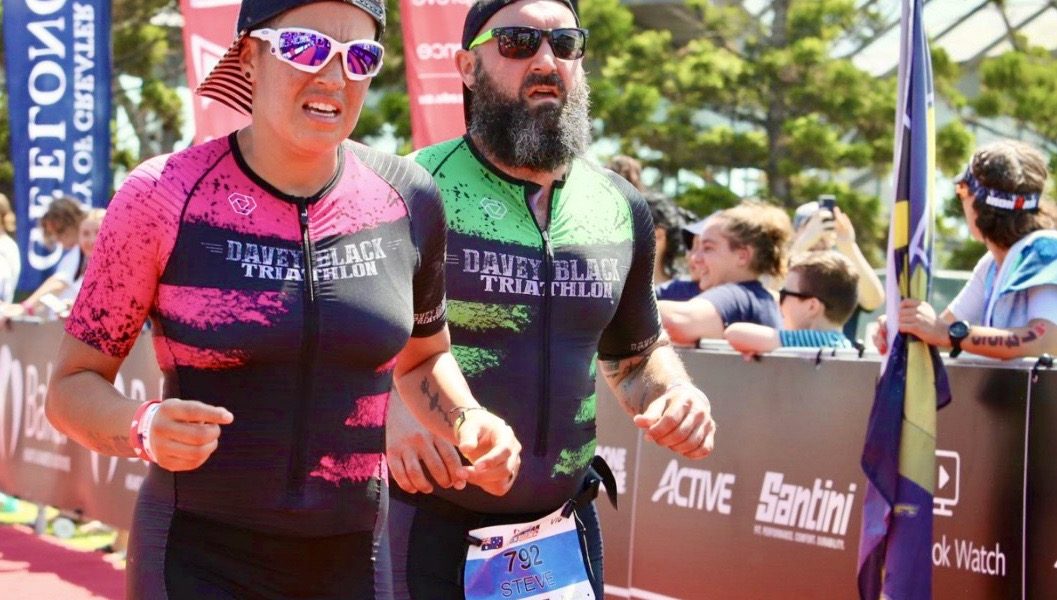As a Triathlon Coach, it’s not uncommon to hear triathletes at races looking at other athletes and asking “How does that person train so much? How to they fit it all in?”. When asking these questions, however, we rarely stop to think that all of the athletes on the start line are humans, just like us. They all have jobs, family, dreams, hobbies and stress. Even some pro athletes work more than 8 hours a day, sometimes with odd schedules that include night shifts or double shifts then making all the strength or Yoga for athletes St Kilda sessions.
We normally think of training as just showing up and doing the training session. That is, however, only part of the story. Completing a Triathlon, or any sporting goal, or even improving our physical image, generally means that a lifestyle change is required. When a change is implemented, this often means that something else is left behind.
Your new goal might mean you need to add a new training session to your week. This is all well and good, but it might mean giving up some allocated time that was dedicated to doing something else. Showing up to a session is the result of a whole set of priorities and pillars synchronizing in a way of working towards your goal and the outcome that you want to achieve.
Depending on what your priorities in life are the fundamental pillars of life can change for any individual. In this case we will use the pillars proposed by a working group of psychologists in a 2016 article from ‘American Psychologist’:
Biological
Having your basic needs met. Do you have enough food? Do you have a roof on top of your head? Are you in a safe area? Are you financially stable? Do you support someone? Having these basics in life met will allow you to fully engage in your sport without feeling pressured.
Cognitive
This refers to your mental skills and your capabilities as a human being based on your own personal standards. Feeling that you are capable of understanding and interacting with the world around you in a positive way.
Developmental
The continuous learning and feeling of achieving things in life. This refers to where you are now and the level you wish to reach in your personal development. Examples include studying, buying a house, getting married, etc. Regardless of what you feel is important in advancing in your life, feeling that you are always moving towards that goal will make a big difference.
Social and Personality
Do you feel that you are connecting with the community around you? Humans are social creatures and as such we feel the need and desire to share our accomplishments with the people around us. Individual development also means having someone to share your success with. Family, friends, your partner, or even your coaches and team are people you can connect with. They are there for you on your journey and will be there once you cross the finish line.
Mental and Physical Health
Feeling that your emotions and physical health are in check and taken care of. Visiting your doctor and your mental health professional every now and then for a check-up is important to ensure your body and mind are in a healthy and balanced state. This step will also allow you to make wiser health choices, manage your time more efficiently and, most importantly, enjoy every step of your journey.
Endurance sport becomes a lifestyle, and it is the art of balancing life and races that becomes the celebration of your success. Regardless of your goal race or event, the moment you set yourself to train for it, all these elements start playing a part in your personal objective. This can be seen as both a way that promotes your success or as an obstacle in the way of you starting. How you see and manage these pillars and how you integrate these elements into your life will allow you to be more efficient and get better results from your training.
Ultimately, we will never have everything we want in life. Life changes constantly, sometimes in ways no one can predict. These changes can happen by affecting our routine, a new family member, a new partner, a promotion at work, an increase or decrease in salary, or a global pandemic. We will never have everything we need to start training or to compete in a way we would love to. Sometimes we need more time, sometimes we need new equipment. If you work within your capabilities and skills and get an experienced coach or mentor to help you on your journey, then you can get the best out of yourself. Triathlon is a journey; it is rarely the destination.
“Do what you can, where you are, with what you have and never be satisfied.” – Theodore Roosevelt.

